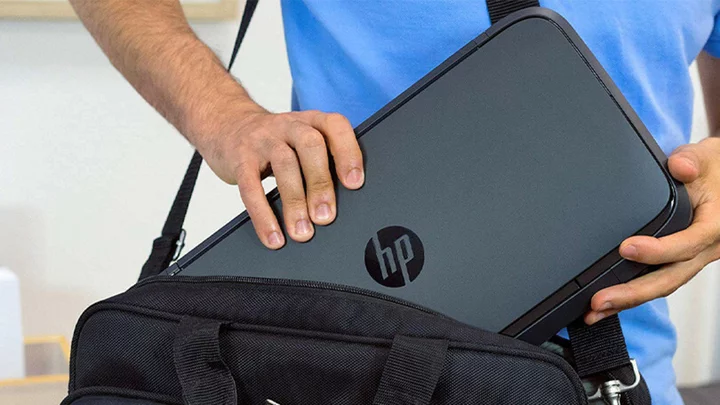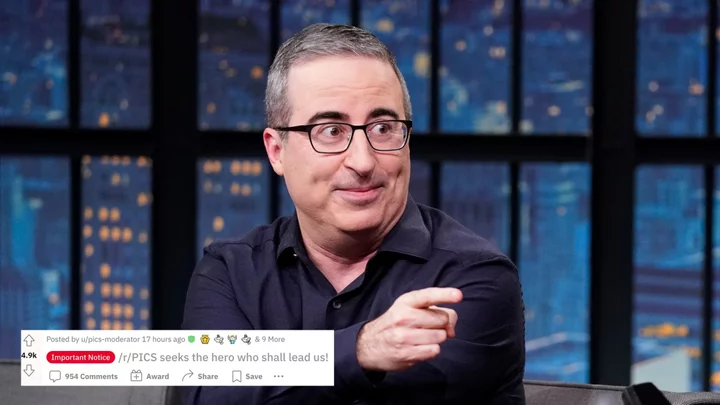China stepped up its intervention in the stock market, with the sovereign wealth fund increasing its stake in the country’s biggest banks for the first time since 2015, a move seen as having a limited impact.
Central Huijin Investment Ltd. bought about $65 million of shares in four banks including Industrial & Commercial Bank of China Ltd. and Bank of China Ltd. and committed to increase holdings over the next six months.
The sovereign wealth fund has a history of intervening during times of extreme turbulence, buying stocks after bubbles burst in 2008 and 2015. This time around, concern among investors isn’t sky high valuations but whether the government will do enough to support the economy. That means the buying may be insufficient to shore up the market without effective stimulus.
“The purchase of Big Four bank shares by Huijin feels like déjà vu,” said Willer Chen, senior research analyst at Forsyth Barr Asia Ltd., adding that the move may not be the “ultimate game changer.” “China macro fundamentals are still the major driver for the bottoming of the stock market in the current environment.”
The CSI 300 Index rose about 1% on Thursday, led by financial firms, while the Hang Seng Index climbed almost 2%.
Authorities have stepped up measures to boost sentiment in the $9.5 trillion domestic equity market. In recent months, officials have slowed the pace of initial public offerings, curbed sales by some top shareholders, cut the stamp duty on stock transactions and eased rules on margin trading.
Read more: China Mulls New Stimulus, Higher Deficit to Meet Growth Goal
The moves have failed to restore confidence. The CSI 300 closed an 11-month low earlier in the week, having dropped 37% from its 2021 high. A growing number of Chinese economists and hedge funds have called on the government to directly intervene with a stabilization fund to buy stocks, a move the authorities have refrained from since the 2015 market crash.
State media was quick to talk up Huijin’s purchases. The intervention was splashed on Thursday across the front pages of China’s top financial newspapers, which said the move would boost investor confidence.
“Huijin’s increase in the holdings sends a clear positive signal and is an important measure to activate the capital market,” Shanghai Securities News said. “After a long period of correction, the investment value of A-shares is gradually emerging and is expected to gradually bottom out.”
History shows some previous interventions only provided short-term relief. In 2015, the CSI 300 rallied briefly before falling more than 20% over the following months.
“Whether the market could be effectively stabilized or reversed into a upward trend is not, in our view, solely dependent on such state purchase actions,” Morgan Stanley analysts led by Laura Wang said in a report Thursday. A concerted rollout of policy support, upbeat growth and geopolitical stabilization will be key to a sustainable market turning point, they said.
Central Huijin holds stakes in 19 financial institutions including banks and brokerages, according to its website. The unit of $1.4 trillion China Investment Corp also increased its holdings in Agricultural Bank of China Ltd. and China Construction Bank Corp.
A gauge of financial stocks on the CSI 300 rose 1.5% on Thursday. Bank of China advanced 3.2% and China Construction Bank climbed 2.7%.
The big four state lenders have been trading near record low valuations of about 0.4 of their book value in Hong Kong, roughly matching where investors priced their US peers like JPMorgan Chase & Co. and Bank of America Corp. during the depths of the 2008 financial crisis.
China’s move comes amid mounting pessimism among foreign investors toward the country. New emerging-market mandates that exclude China stocks have reached a record this year and global funds have cut their positioning in the country to the lowest since 2020. The Hang Seng Index has fallen almost 8% this year, even after Thursday’s gains, compared with an 10% gain by MSCI Inc.’s global gauge.
It’s unclear whether Huijin’s purchases will prove to be the catalyst for investors to get back into Chinese shares, Steve Brice, group chief investment officer for wealth management at Standard Chartered Plc, told Bloomberg Television.
“We really need to see the Hang Seng Index break out of that downtrend that we’ve seen since February for people to get more excited,” Brice said. “So yes, very very cheap, but not yet signs that we’re going to see a bottoming and improvement.”
--With assistance from Winnie Hsu, Zheng Li, Wenjin Lv, Ishika Mookerjee, Zhu Lin, Charlie Zhu, George Lei, Paul Dobson and Jonas Bergman.









